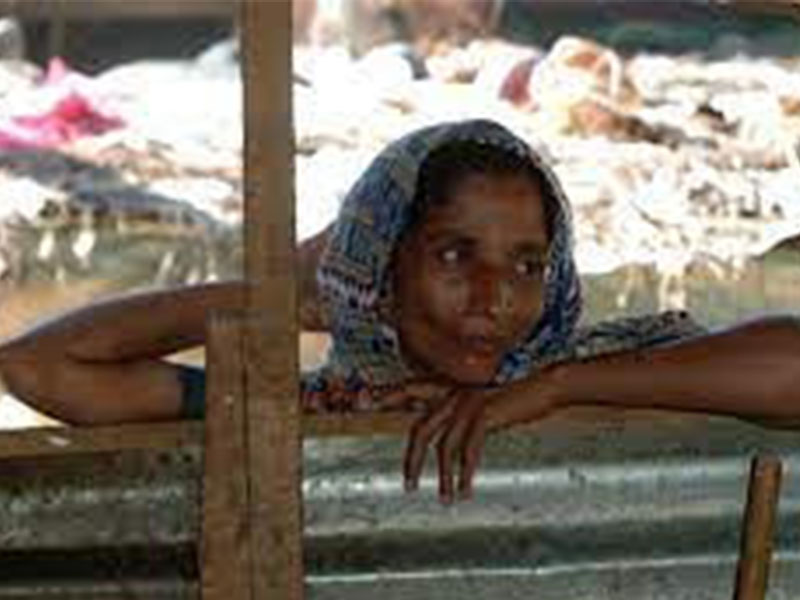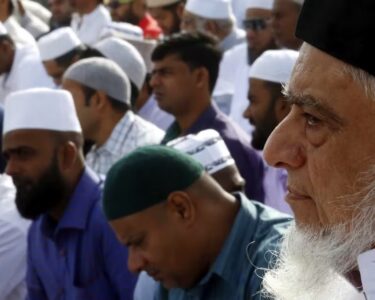33 years ago, in October 1990, 75,000-100,000 Muslims were forcibly evicted from their homes in the Northern Province of Sri Lanka by the Liberation Tigers of Tamil Eelam (LTTE). The evictions were conducted in a brutal and arbitrary manner, with families being given as little as 12 hours to leave their homes and take only what they could carry. The evictions caused a serious rupture in the coexistence of Tamils and Muslims in the North, and the Tamil community has yet to fully address its role in this heinous act.
Since the end of the civil war in 2009, northern Muslims have begun to return to their homes in substantial numbers. However, they face many challenges, including political and economic rivalries with the Tamil community, neglect by government officials, and assaults on their basic democratic rights.
Slow to act
The government of Sri Lanka has been slow to address the needs of returning Muslims and has not yet established a commission to investigate their issues. This is despite the fact that the collective return of the northern Muslims and the challenges attached to it are continuing violations of their constitutionally guaranteed fundamental rights.
In the upcoming elections, northern Muslims have a chance to choose a new leadership that will fight for their rights and hold the government accountable for its failures. They must use their franchise wisely and choose a leadership that is committed to building a more just and equitable future for all Sri Lankans.







